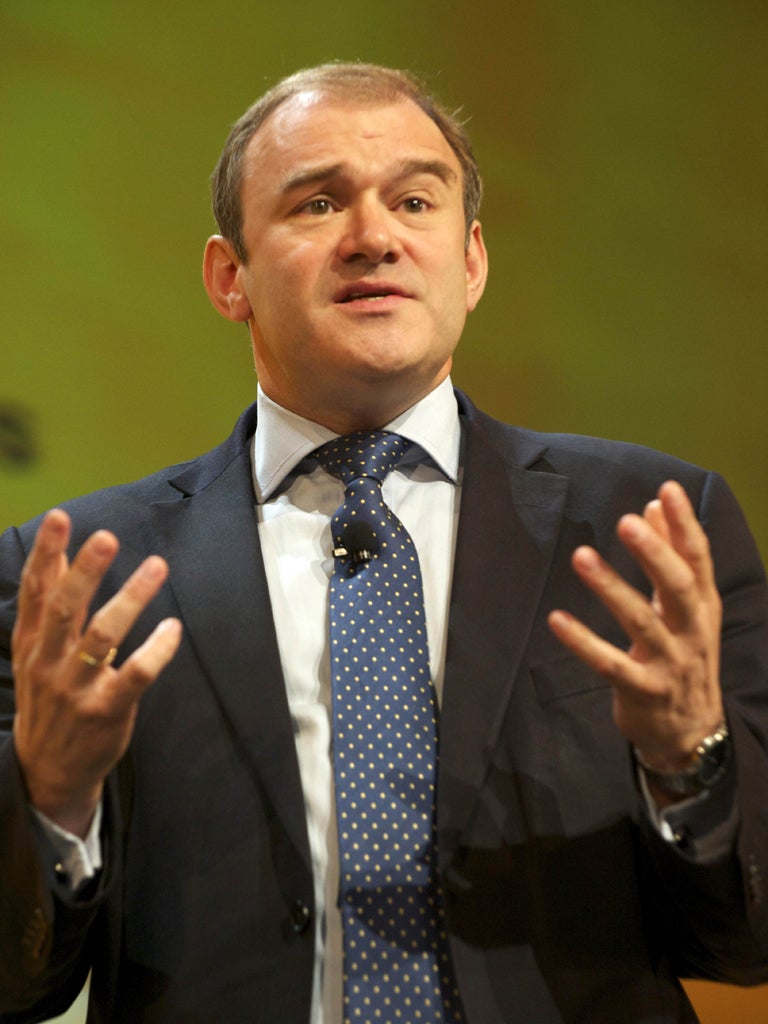Government report on pub laws was written by lobbyists
Civil servants copied and pasted from letter sent by powerful body representing big firms

Your support helps us to tell the story
From reproductive rights to climate change to Big Tech, The Independent is on the ground when the story is developing. Whether it's investigating the financials of Elon Musk's pro-Trump PAC or producing our latest documentary, 'The A Word', which shines a light on the American women fighting for reproductive rights, we know how important it is to parse out the facts from the messaging.
At such a critical moment in US history, we need reporters on the ground. Your donation allows us to keep sending journalists to speak to both sides of the story.
The Independent is trusted by Americans across the entire political spectrum. And unlike many other quality news outlets, we choose not to lock Americans out of our reporting and analysis with paywalls. We believe quality journalism should be available to everyone, paid for by those who can afford it.
Your support makes all the difference.A Coalition report rejecting tougher controls on pub companies was partly written by a powerful industry group, it has emerged.
Civil servants preparing the Department for Business, Innovation and Skills's (BIS) response to a critical Commons investigation into "pubcos" copied chunks of a document from the British Beer and Pub Association (BBPA), which represents the companies. In some cases, officials cut and paste paragraphs from the BBPA proposals without changing a word.
The disclosure is likely to increase concern about the influence of vested interests in the corridors of power following The Independent's disclosures about the work of the lobbying firm Bell Pottinger, as well as prompting further scrutiny of the Government's decision to abandon legislation to reform the £28 billion-a-year pub industry.
An estimated 700 pubs closed last year amid increased home drinking and evidence that pub companies raised charges to "tied" pubs for rent and beer.
In September, the BIS concluded that the industry was incapable of reforming itself and backed legislation to control pub companies.
But in November, Ed Davey, a business minister, said he was prepared to give self-regulation another go by agreeing a tougher code of practice.
His department added that adopting the industry's proposal of inserting its strengthened code into "tied" contracts would be quicker and potentially "equally effective" as legislation.
His department said that the Office of Fair Trading had found no evidence that a lack of competition was hitting drinkers.
Emails from BIS, obtained under freedom of information laws by the all-party parliamentary Save The Pub Group, suggest that the BBPA exerted a heavy influence on the Government during what Mr Davey described as "tough negotiations".
BIS apparently accepted that the new contracts would be legally binding after accepting advice from a QC, Robert Howe, who had been hired by the BBPA.
Officials assisted the association in writing a press release and inserted wholesale into the department's response to the BBPA's changes to the code of conduct on items such as rents, complaints and insurance.
The Save the Pub Group said the correspondence revealed "a wholly inappropriate relationship" between BIS officials and the BBPA.
"BIS officials, as well as being worryingly close to the BBPA and their lobbyists, sought advice from the BBPA for their advice on issues, then took it – without any scrutiny and without consulting the licensee and consumer groups," the parliamentary group said.
Jonathan Mail, head of public affairs at the Campaign for Real Ale, said: "The influence is remarkable. The Government's response was effectively captured by the pub companies."
The BBPA said the claims were "without foundation". A spokesman for the organisation said: "It is common sense that the only way the Government could consider whether there was any merit in further self-regulation was to talk to us about these issues – as you would expect the department for business to do."
The BIS said: "Where we secured a commitment from the BBPA, of course we copied that text exactly... The rest of the response is fully the Government's."
Weeks before the general election, on 12 April 2010, the Conservative Party leader, David Cameron, wrote to a group called Justice for Licensees pledging the Tories' support for a statutory code of conduct.
He wrote: "The Conservative Party support the idea that should the industry fail to deliver self-regulation by June 2011, the government of the day should end up consulting on putting the Code of Practice on a statutory basis."
Case study: 'Not sure how much longer we'll go on'
Dave Mountford, 46, has been the landlord of the Rising Sun Inn in Middleton, a Derbyshire village, since June 2007. The pub is tied into a contract with a large pub company.
"My wife and I work 90 to 100 hours a week, and now take a yearly turnover of £450,000. But because of rent and beer prices, we only just make any money.
"I'm not sure how much longer we can go on. The community loves the pub, the people are lovely and it would be a real loss to our small village.
"Our four kids, aged between five and 18, go to the local school and they're happy, and we'd hate to have to go elsewhere."
Join our commenting forum
Join thought-provoking conversations, follow other Independent readers and see their replies
Comments